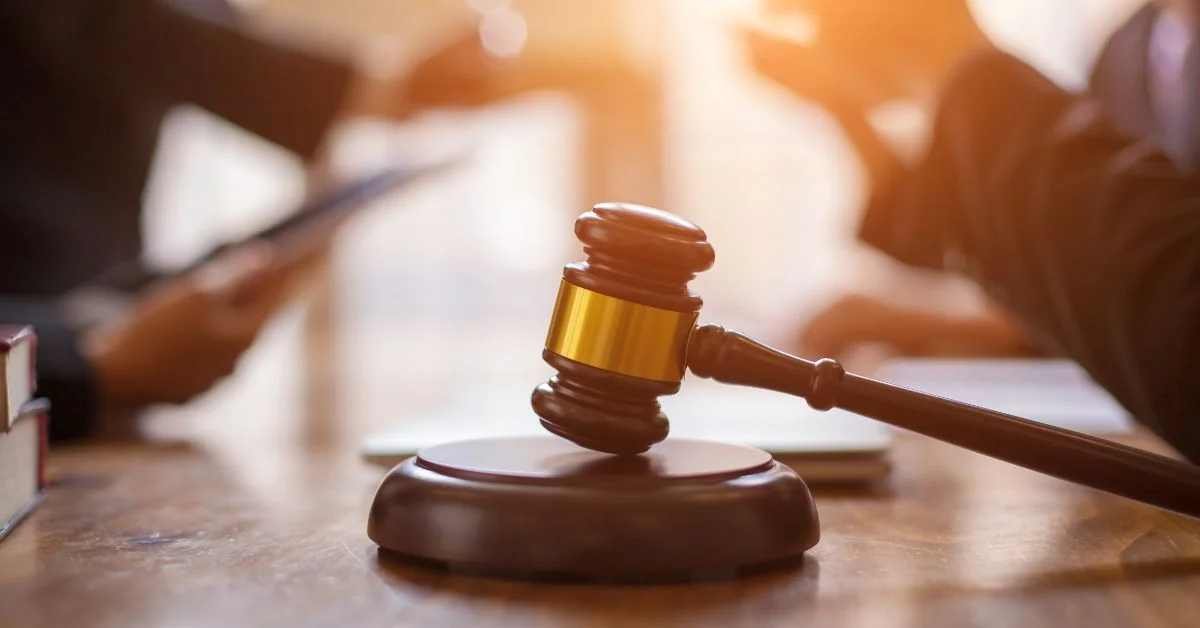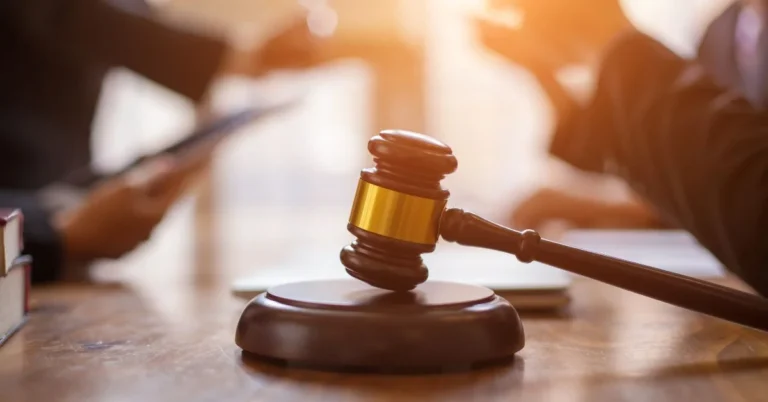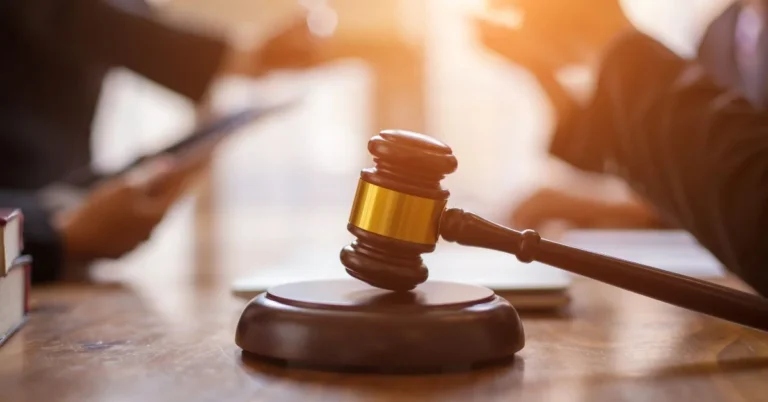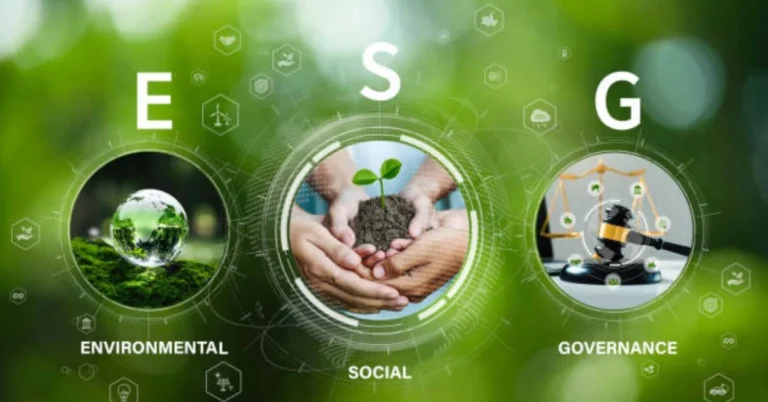
In today’s interconnected society, legal issues are not only about individual disputes but also about larger ethical, financial, and intergenerational implications. One concept that has been gaining attention is the “generational equity lawsuit.” While the phrase may sound complex, it refers to legal cases that involve or highlight questions of fairness between different generations. Generational equity itself is a principle that argues resources, opportunities, and burdens should be distributed fairly across age groups—not just within a single moment in history, but across time.
When disputes arise where one generation feels disadvantaged compared to another—whether in terms of environmental harm, public debt, access to social programs, or even inheritance and business transitions—these cases can lead to what may be called a generational equity lawsuit. This article will deeply examine the meaning of this term, its applications, its historical and modern significance, and what it could mean for businesses, governments, and societies in the future.
Understanding Generational Equity
Before diving into lawsuits, it is important to understand what generational equity means. The concept has its roots in philosophy, economics, and social justice. At its core, generational equity is about fairness across age groups and timeframes.
- Economic Angle: Ensuring that public debt and taxation policies do not unfairly burden younger or future generations.
- Environmental Angle: Ensuring current practices do not degrade the environment in ways that harm future generations.
- Social Angle: Guaranteeing equal access to healthcare, education, and welfare across all age groups.
- Business Angle: Ensuring smooth and fair transfers of wealth, leadership, or property across family generations.
What is a Generational Equity Lawsuit?
A generational equity lawsuit is a legal dispute or case in which the principle of intergenerational fairness plays a central role. These lawsuits may emerge in contexts such as:
- Public Policy Cases: Citizens or advocacy groups suing governments for policies that burden younger generations (e.g., pension reforms or climate policies).
- Environmental Lawsuits: Future generations represented legally in cases involving pollution, deforestation, or climate change.
- Business Disputes: Family-owned businesses facing disputes over inheritance, succession, or unfair treatment of heirs.
- Healthcare and Welfare: Cases where resources are allocated in ways that heavily favor one age group over others.
Historical Background of Generational Equity Disputes
While the term may sound modern, the concept of generational fairness has existed for centuries. Ancient societies often grappled with questions of inheritance, land ownership, and family succession. In many cultures, disputes over who should inherit property or lead a clan represented early forms of generational lawsuits.
Modern versions emerged in the 20th century, particularly when environmental movements emphasized that current industrial practices could harm future generations. Cases related to nuclear waste disposal, air pollution, and climate change have often been framed as matters of generational fairness.
Categories of Generational Equity Lawsuits
Table: Types of Generational Equity Lawsuits
| Category | Description | Examples |
|---|---|---|
| Environmental | Cases where actions today damage resources for future generations. | Climate lawsuits, pollution suits. |
| Economic | Challenges to debt, pensions, or tax policies burdening younger people. | Public debt litigations. |
| Business/Inheritance | Family or shareholder disputes over succession, asset distribution. | Family-owned business transitions. |
| Healthcare/Social | Lawsuits challenging policies that unfairly favor one age group. | Pension vs. youth welfare funding. |
| Constitutional | Cases appealing to rights of future citizens under constitutional principles. | Youth climate rights cases. |
Generational Equity in Environmental Lawsuits
One of the most visible uses of the generational equity principle has been in environmental litigation. Activists and youth groups have filed lawsuits claiming that governments and corporations have a duty to protect the planet for future generations.
For instance:
- Lawsuits against fossil fuel companies often argue that today’s emissions threaten the rights of future children.
- Communities exposed to toxic waste argue that environmental degradation violates generational fairness.
These cases have expanded the meaning of legal rights to include unborn generations.
Business and Inheritance Lawsuits
In the business context, a generational equity lawsuit may arise during succession planning or inheritance disputes. Family-owned businesses, which make up a significant portion of global enterprises, often face challenges when leadership passes from one generation to another.
Examples include:
- Disputes among siblings over control of company shares.
- Younger heirs arguing they are unfairly excluded from leadership roles.
- Allegations that previous generations mismanaged assets, reducing wealth for successors.
Such lawsuits highlight how generational equity applies within families and enterprises, not only on a global scale.
Economic and Social Policy Lawsuits
Generational fairness also appears in public finance and social policy disputes. Citizens may argue that certain laws or budgets unfairly prioritize older generations, leaving younger people disadvantaged.
- Pension systems: Lawsuits arise when pension reforms increase burdens on working-age populations.
- Taxation policies: Younger taxpayers may argue against unfair tax structures created by older policymakers.
- Healthcare allocations: Legal debates over whether elderly-focused spending reduces resources for child welfare.
Here, lawsuits serve as tools to address systemic inequality between generations.
Impacts of Generational Equity Lawsuits
These lawsuits can have profound effects on society:
- Legal Precedents – Expanding legal rights to future generations.
- Policy Reforms – Forcing governments to reconsider debt, taxation, and welfare structures.
- Corporate Governance – Improving fairness in succession planning.
- Cultural Shifts – Encouraging citizens to think beyond individual rights toward collective, long-term equity.
Challenges in Generational Equity Lawsuits
Despite their importance, such lawsuits face major challenges:
- Standing: Courts often ask—can future generations sue if they don’t yet exist?
- Proof of Harm: It can be difficult to prove harm to people decades away.
- Balancing Rights: Balancing present needs with future obligations can be controversial.
- Political Pushback: Governments may resist rulings that require costly reforms.
These challenges mean lawsuits may not always succeed, but they still shape debate and awareness.
Generational Equity vs. Intergenerational Justice
While the two terms are related, they are not identical.
Table: Comparison
| Aspect | Generational Equity | Intergenerational Justice |
|---|---|---|
| Focus | Fairness between generations alive today and tomorrow. | Legal and moral obligations to future generations. |
| Scope | More practical and policy-oriented. | More philosophical and ethical. |
| Application | Lawsuits, policies, and business transitions. | Broader discussions of sustainability and fairness. |
The Role of Generational Equity in Lawmaking
Generational equity lawsuits often push lawmakers to adopt new frameworks. Examples include:
- Adding environmental protection clauses to constitutions.
- Creating youth councils to represent future generations in policymaking.
- Redefining business succession planning laws to reduce family disputes.
This demonstrates how lawsuits are catalysts for legislative change.
Future of Generational Equity Lawsuits
The future of this area of law is likely to expand in three directions:
- Climate Change Litigation – As environmental crises deepen, more youth-led lawsuits will demand accountability.
- Digital Inheritance – Questions of who owns digital assets and data across generations.
- Public Debt Challenges – Younger citizens may sue governments over unsustainable borrowing practices.
- Healthcare Distribution – Legal disputes over balancing elderly care with childcare investments.
Generational equity will increasingly define ethical and legal landscapes in the 21st century.
Conclusion
The concept of a generational equity lawsuit captures the struggle to ensure fairness between age groups and across time. Whether in environmental cases, business inheritance disputes, or policy challenges, these lawsuits highlight society’s need to think beyond the present.
They remind us that legal systems are not only about solving today’s disputes but also about protecting tomorrow’s citizens. By addressing the responsibilities of current generations toward the next, generational equity lawsuits help societies progress toward sustainability, fairness, and justice.
FAQs
1. What is a generational equity lawsuit?
It is a legal dispute centered on fairness between generations, often involving environmental, business, or social policy issues.
2. Why are generational equity lawsuits important?
They highlight how current decisions affect future generations and push for sustainable, fair practices in law, business, and policy.
3. What are examples of generational equity lawsuits?
Cases include climate lawsuits, inheritance disputes, pension reform challenges, and lawsuits on unfair resource allocation.
4. What challenges do these lawsuits face?
Courts often struggle with proving harm to future generations, standing rights, and balancing immediate vs. future needs.
5. What is the future of generational equity lawsuits?
They will likely expand into climate litigation, digital inheritance, public debt, and healthcare allocation issues.
For more information, click here.






